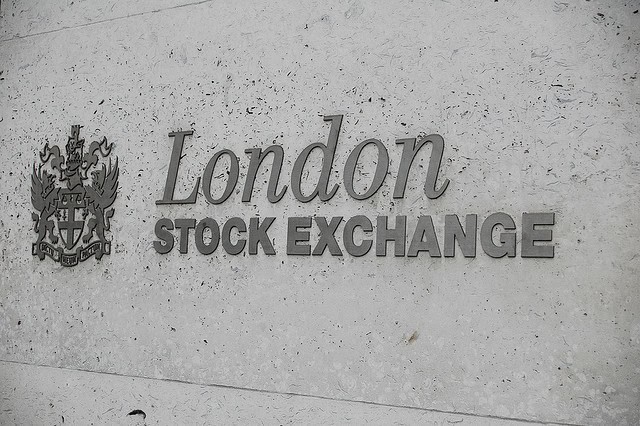The UK’s FTSE 100 index was one of the worst performing global markets in 2015 as plunging commodity prices triggered slumps in the value of oil and mining companies.
In the year’s final trading session the index closed at 6,242, approximately 4.9% lower than the 6,566 point mark it started the year at.
The FTSE 100 has only performed worse once before, and that was in 2011 when the index dropped 5.5%.
The reason why the FTSE 100 has taken such a beating is due to an extremely volatile commodities market, with gas, oil and mining shares all posting the biggest intra-year declines.
Crude oil prices dropped by nearly a third in 2015, while copper plunged 25% and gold fell for a third consecutive year.
The ‘commodities crunch’ had a serious impact on some of FTSE’s largest mining companies, including Anglo American, which fell by around 75% during the year, and Glencore, which shed 69.5% of its value.
Last year didn’t start off on a bad note though – it was actually very promising. In fact, the FTSE 100 surged to a record high of 7,104 in April before things went south.
Ben Kumar, at Seven Investment Management, was quoted by the BBC as saying that, excluding the mining and energy sectors, 2015 wasn’t actually a bad year for investors.
“Shares in the FTSE 250 index have risen by about 8.5% this year, as the index is based more on consumer and UK focussed stocks”, he said.
“By comparison, only 25% of FTSE 100 revenues come from the UK,” he added.
How will the FTSE 100 perform in 2016?
Analysts are cautious for 2016, with many expressing concerns over ‘Brexit’ and the FTSE’s heavy reliance on oil and metals.
A poll conducted by Reuters of 40 traders, fund managers and strategists gave a median forecast for the FTSE 100 index of 6,400 points by mid-2016 and 6,700 points by the end of the year.
Securequity senior trader Jawaid Afsar was quoted by Reuters as saying:
“I am cautiously optimistic for 2016. We have got some tailwinds like an encouraging economic climate and improving consumer spending, but the FTSE 100’s heavy reliance on commodities and ‘Brexit’ concerns could limit its gains,”
When Afsar uses the term ‘economic climate,’ he refers to the overall state of the economy, i.e., economic conditions.

